Throughout the history of Central Europe, it has not just been a role, but a mission. The Soviet occupation obscured this fact from our awareness until 1990. The modern solution to our fundamental mission was incomprehensible as long as the Soviet soldiers were stationed in our countries and our only desire was to break free from the Warsaw Pact.
Our perspectives were also narrowed and our strengths distracted by the urge to get rid of the communists and send the invading bayonets where they belong. To get them as far as possible from governing power and into to the educational materials of our children and grandchildren as the ultimate historical mistake of trying to build up a future without national values and Christian teachings.
Our countries were in a happy, yet very weakened state after the overthrow of communism and our liberation. All of our efforts were consumed by survival, the challenge of an enormous transformation, and establishing a viable new era in line with Western values. Yet still, our hearts dictated even in 1991 that our countries – Poland, Hungary and the Czech Republic – should be united in some manner. We knew that centuries would come and go, but Central Europe’s community of destiny remains.
And indeed, thirty years later, as NATO members, we have claim to the most dynamic region in the European Union. Strong growth, low unemployment, rapid digital transformation, robust investments. This is who we are today.
Central Europe
The tough debates within the Union on migration, the demographic situation, the role of families, the conflict between national culture and multiculturalism are once again drawing our attention to the historical mission of Central Europe. Does this even exist? If it does, what is its modern form? And the most burning questions for us prime ministers: can politics do something about it?
According to the Hungarian perception, Central Europe is composed of the area between Germany and Russia. It is bordered from the north by the Baltic Sea and on 2 the south by the Adriatic. And while there may be debate over the exact borders, the V4 countries, without a doubt, make up the core of Central Europe.
We Hungarians have never believed that we were just simply born into this world. If you were born a Hungarian, you have a mission. Your mission goes beyond your person and extends to the European horizons. We also know that we can only fulfill this together with the other peoples of Central Europe. Because in the territories between the German and Russian worlds, which lie on the border of Latin Christianity and Orthodoxy, where many languages and national cultures have grown, there is a unique, common cultural quality – a way of life, a mindset, a characteristic posture.
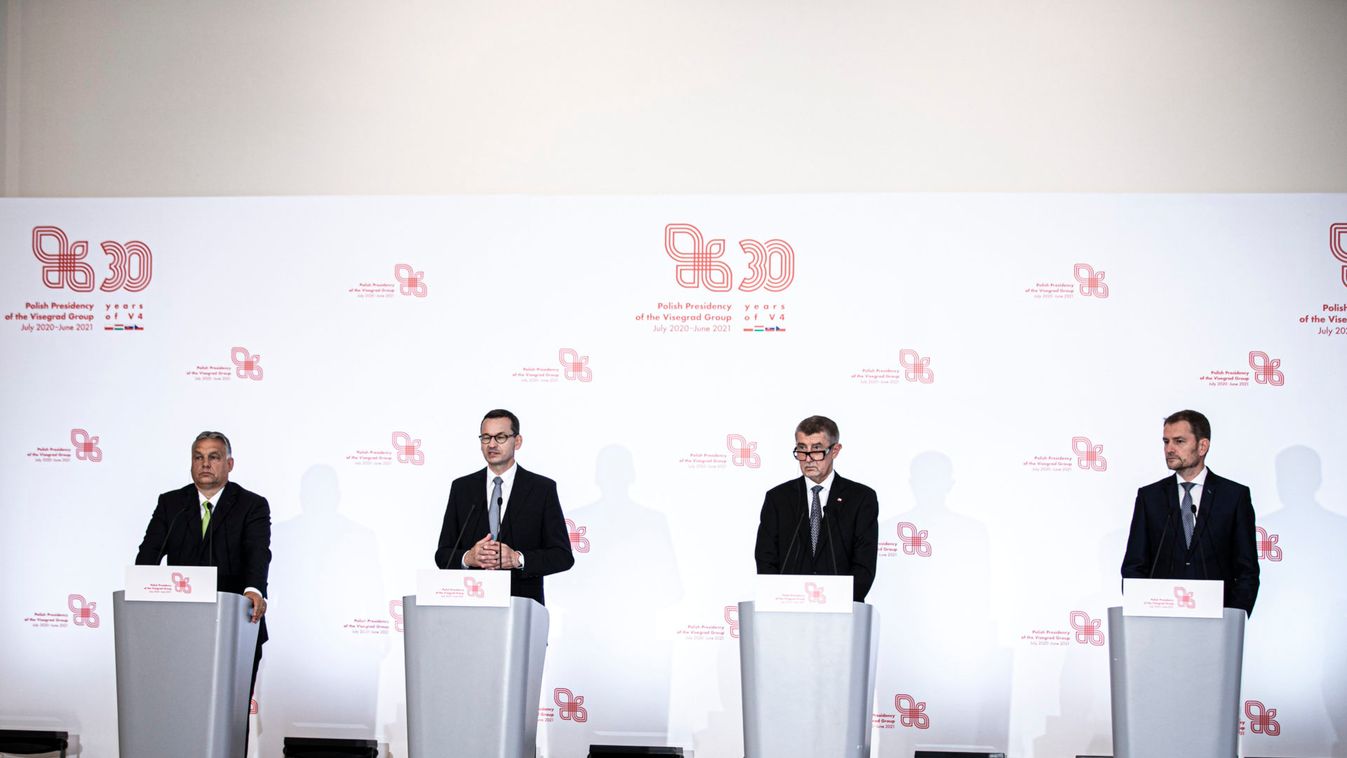
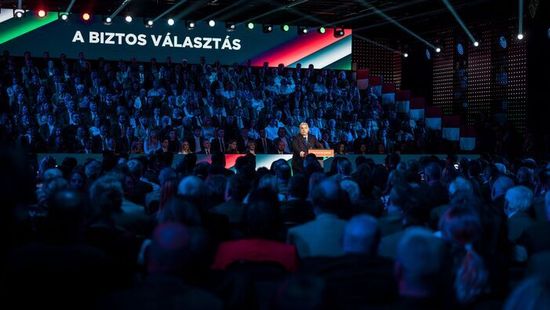
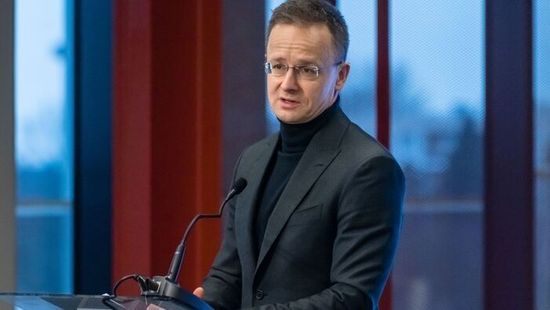
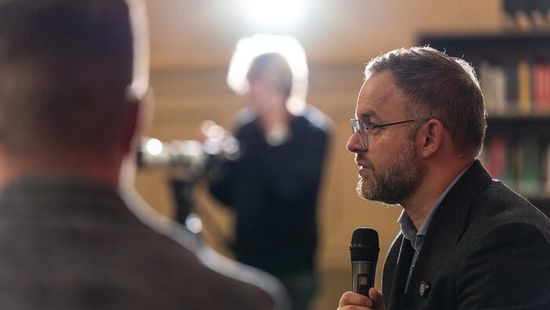
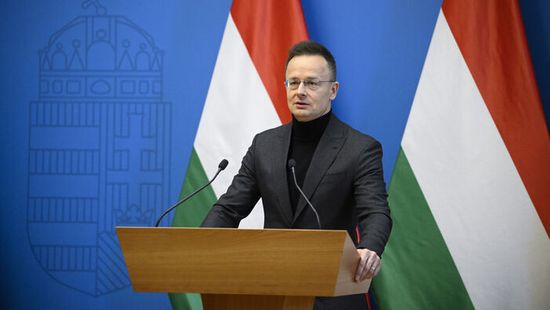

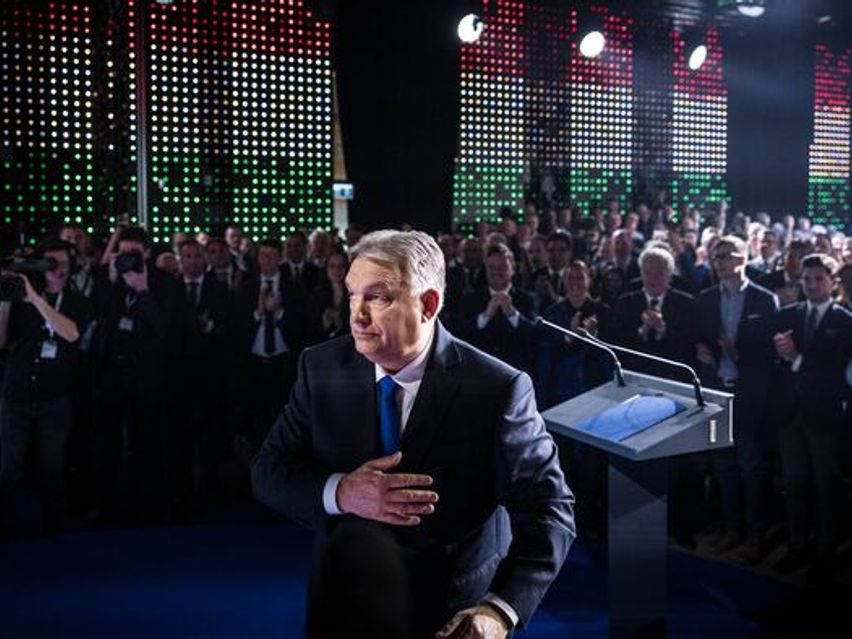
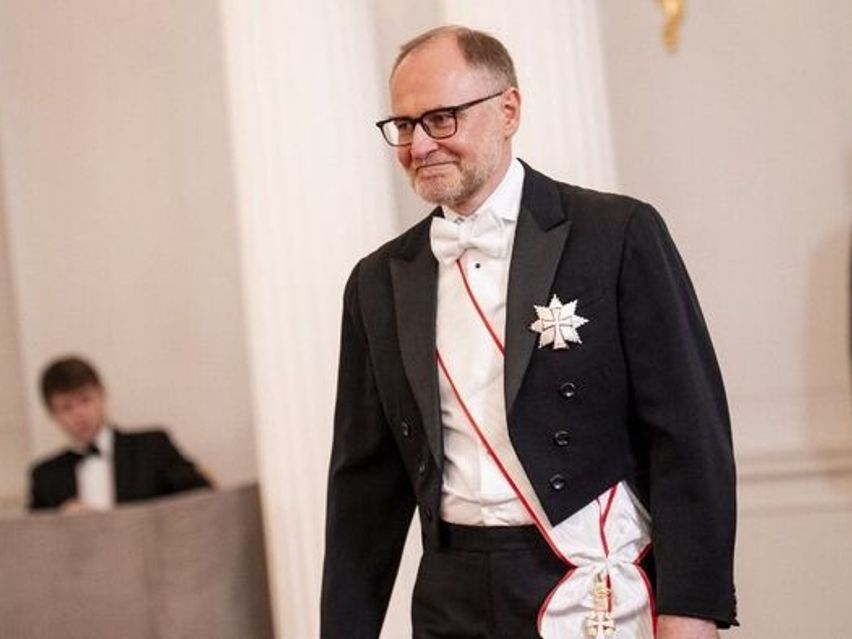
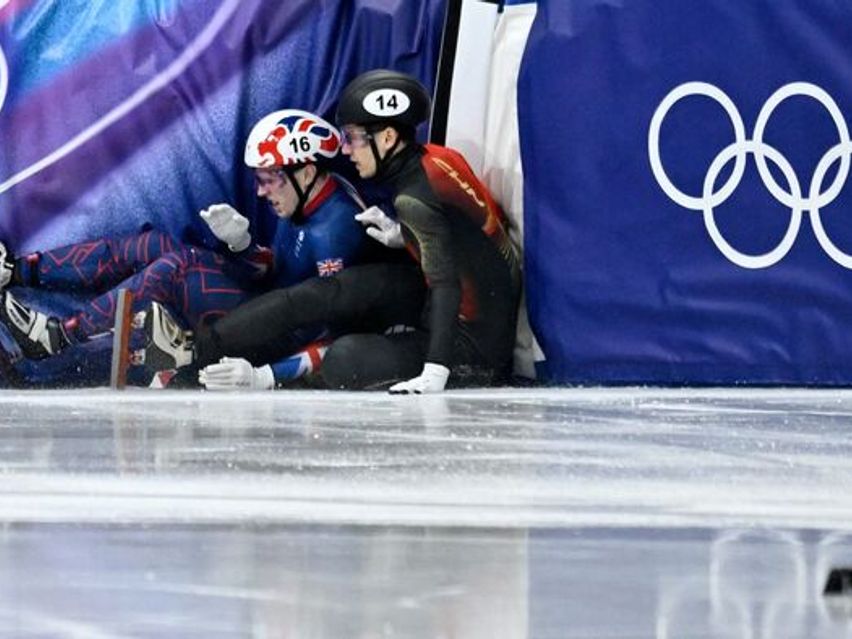
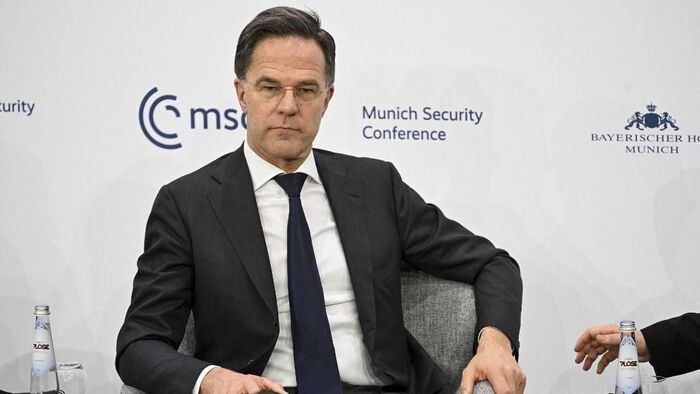

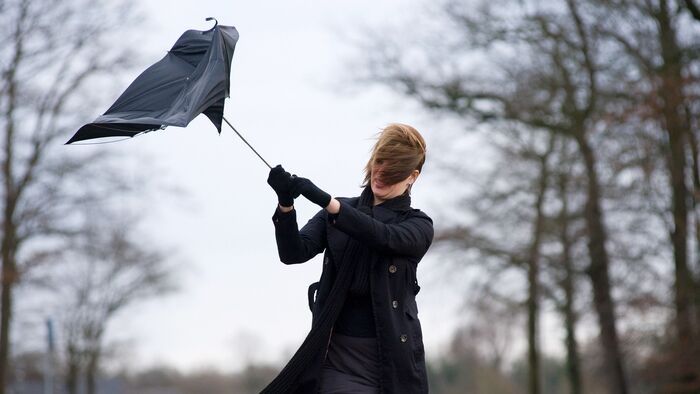
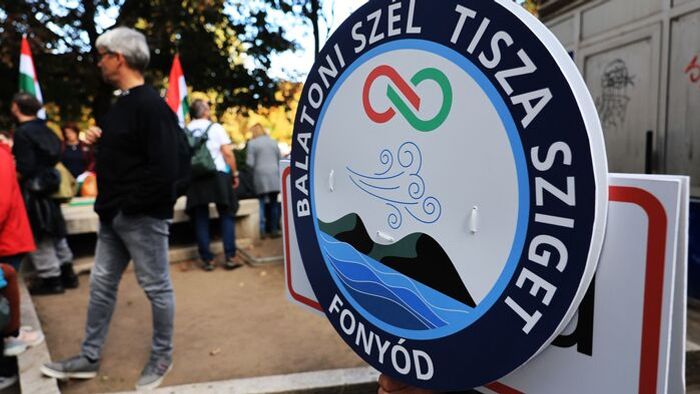
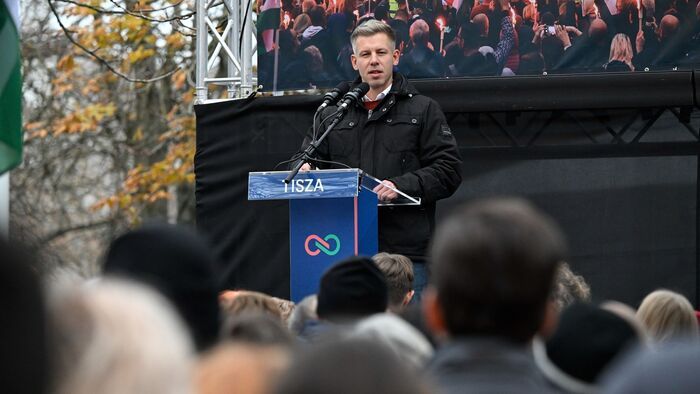
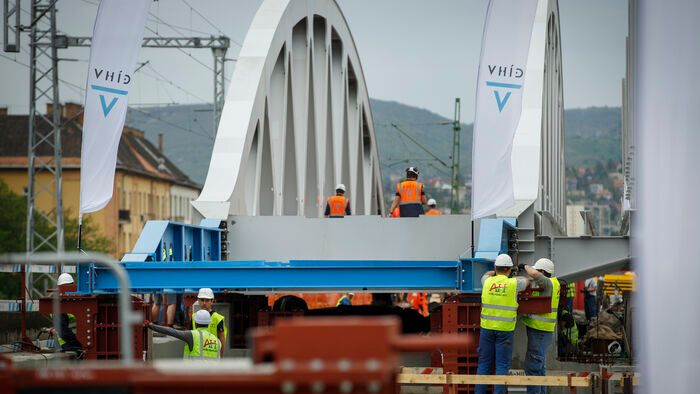
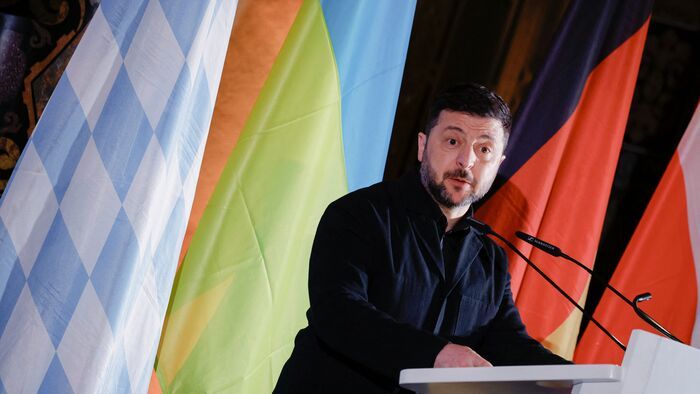
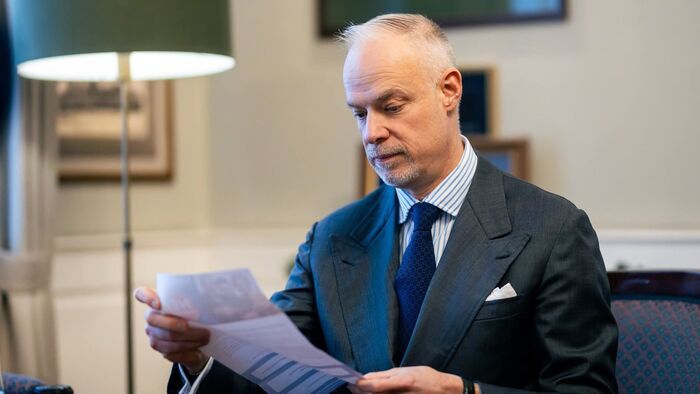
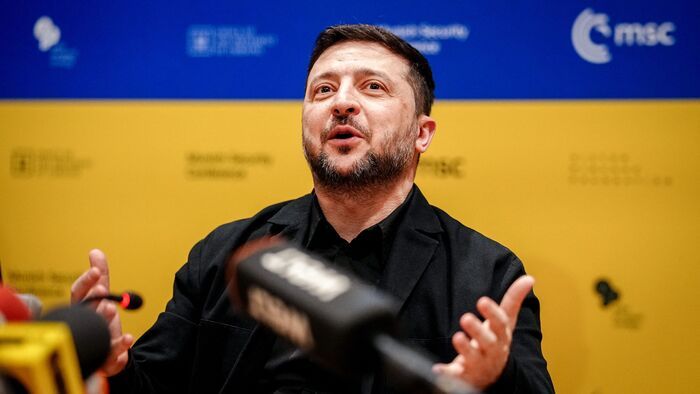

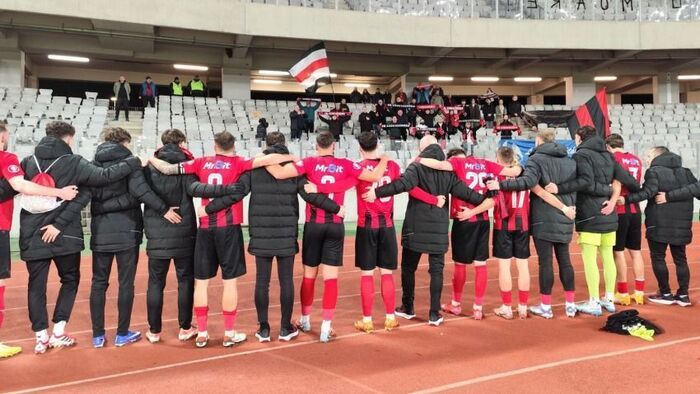
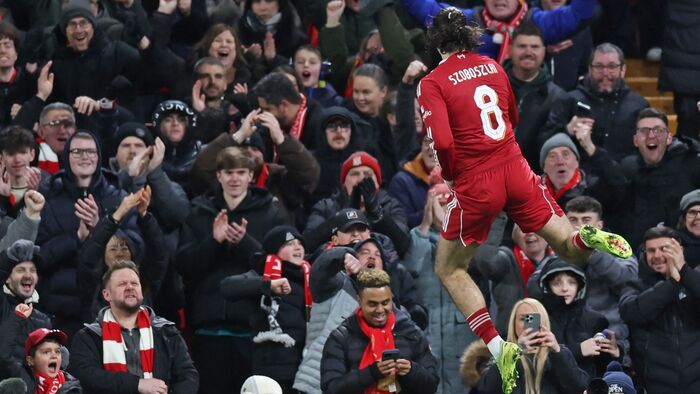
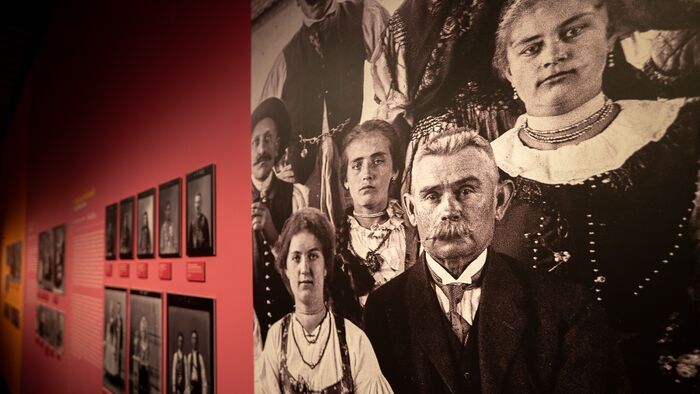

Szóljon hozzá!
Jelenleg csak a hozzászólások egy kis részét látja. Hozzászóláshoz és a további kommentek megtekintéséhez lépjen be, vagy regisztráljon!